President urges African countries to adopt eco-friendly tourism strategies, deepen investment and drive inclusive prosperity
His Excellency, President Bola Ahmed Tinubu GCFR, has called on African nations to adopt policies that promote eco-friendly tourism and preserve the continent’s cultural heritage, as part of efforts to unlock the full economic potential of the tourism sector and achieve the Sustainable Development Goals (SDGs).
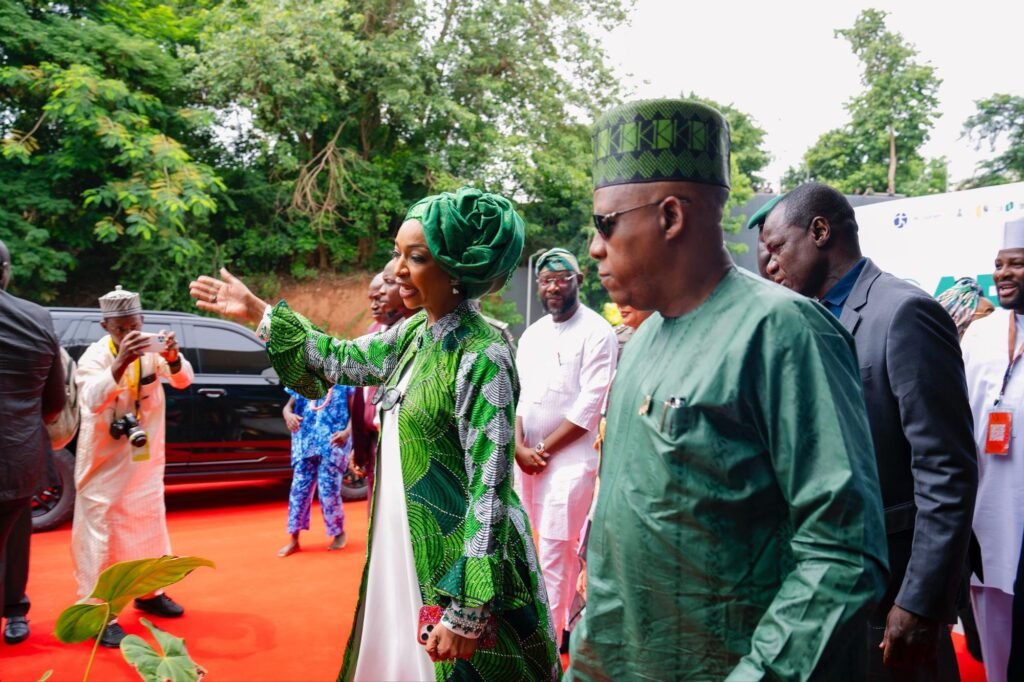
The President made this call on Wednesday, June 12, 2024, through His Excellency, Vice President Senator Kashim Shettima GCON, while declaring open the 68th Meeting of the United Nations Tourism Commission for Africa (CAF) in Abuja.
In his address, President Tinubu urged African governments to collaborate with regional and international bodies such as the African Union (AU), ECOWAS, and UN Tourism, to advance shared tourism policies, enhance infrastructure, and support intra-African travel.
“By collaborating with regional bodies such as the African Union, ECOWAS, and UN Tourism, Nigeria encourages other African nations to adopt policies promoting eco-friendly tourism and preserving cultural heritage,” he stated.
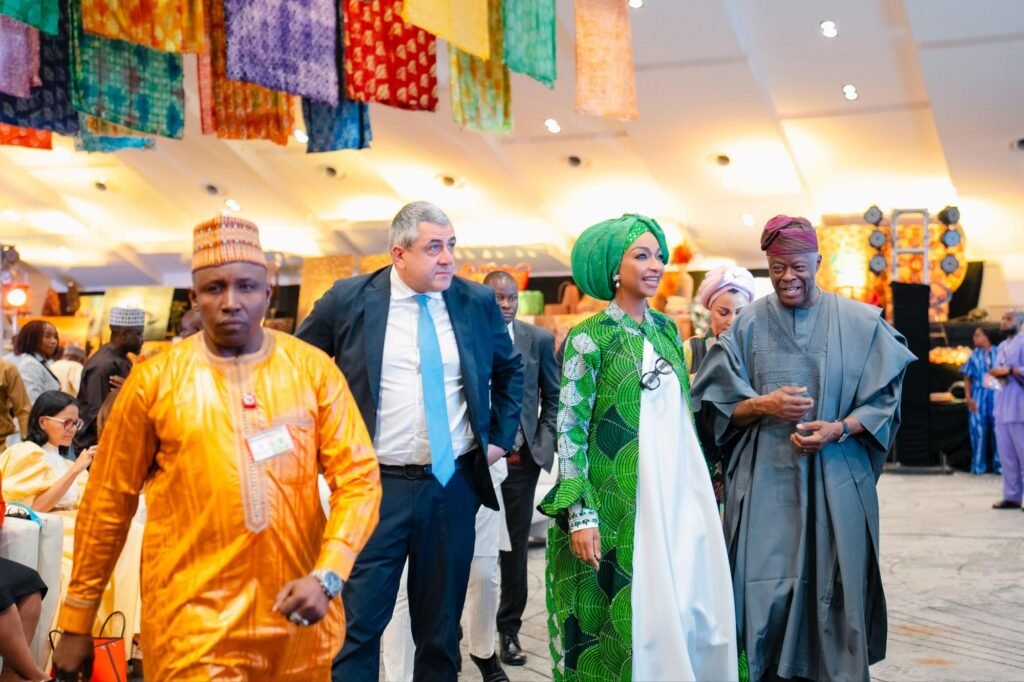
“This collaboration includes sharing best practices, tourism training, developing joint marketing campaigns for sustainable tourism, and improving infrastructure to support intra-African travel. Through these regional initiatives, Africa can foster a continent-wide movement toward tourism that benefits both the people and the environment, driving long-term prosperity for Africa.”
The President emphasized that tourism is not just about visiting waterfalls, mountains, or historic sites, but also a major driver of economic growth, job creation, cultural exchange, and social understanding. He urged stakeholders to focus on practical solutions that can strengthen tourism infrastructure and promote sustainable development across Africa.
Highlighting the transformative power of technology and creativity in tourism, he welcomed the theme of the event—“Boosting Social Impact and Education in Tourism via Innovation, AI, and Creative Industries in Africa”—as timely and relevant.
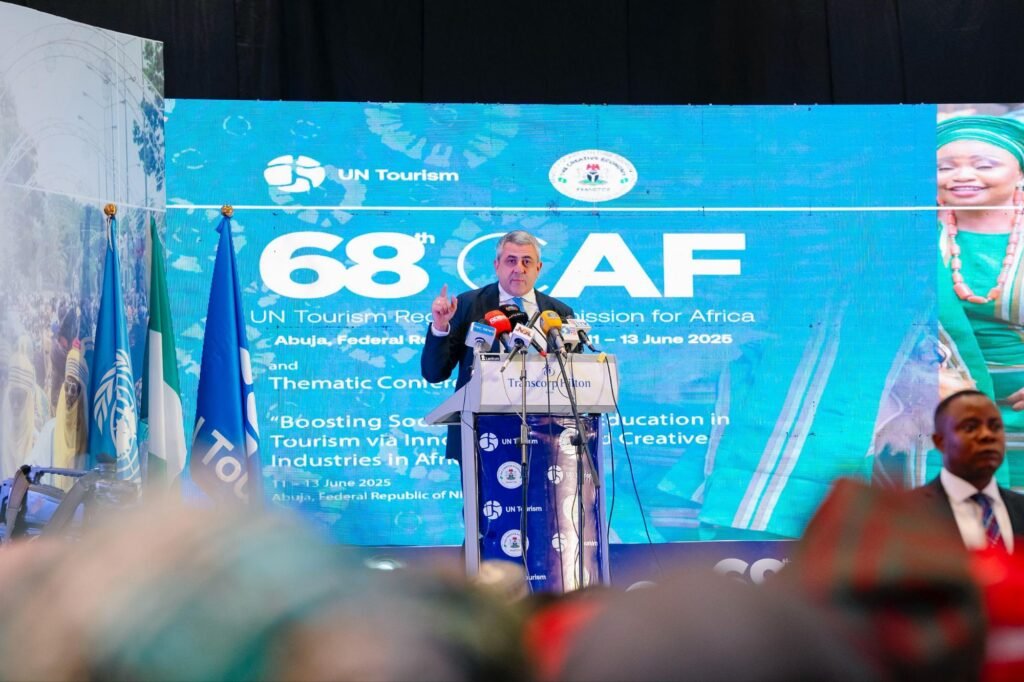
“The advent of technology and creativity has transformed tourism and its opportunities. Therefore, it is appropriate that this conference highlight the impact of AI, Innovation, and Creative Industries on the tourism sector,” he said.
President Tinubu also spotlighted Nigeria’s thriving creative economy, noting that the country’s music, film, fashion, literature, and digital arts sectors have significantly contributed to national GDP, global cultural influence, and employment.
“Nigeria’s Nollywood is one of the largest film industries in the world, generating substantial revenue from domestic and international markets. Similarly, the music and fashion industries have propelled Nigeria’s global cultural influence and generated income and employment opportunities,” he noted.
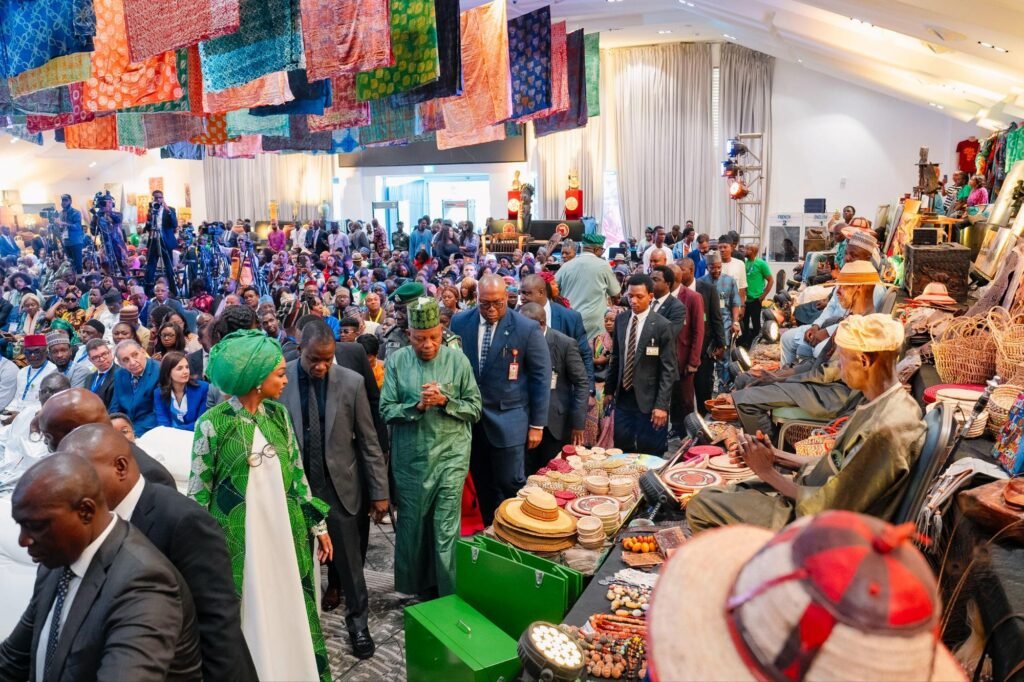
“As we chart a new course for tourism in Africa, one thing is clear: the government cannot build the sector alone. It needs a partnership with the private sector. The sector’s growing complexity and opportunities demand this strategic partnership.”
Declaring the regional meeting open, the President urged participants to “focus on practical solutions and collaborative strategies that will strengthen intra-African travel, boost investment in tourism infrastructure, empower local communities, and deepen tourism’s role in achieving the Sustainable Development Goals (SDGs) and making African tourism the heart of the global conversation.”
In her powerful remarks, the Honourable Minister of Art, Culture, Tourism and the Creative Economy, Hannatu Musa Musawa Esq, echoed President Tinubu’s Renewed Hope Agenda, describing it as the blueprint for Nigeria’s emergence as a global cultural and tourism hub.
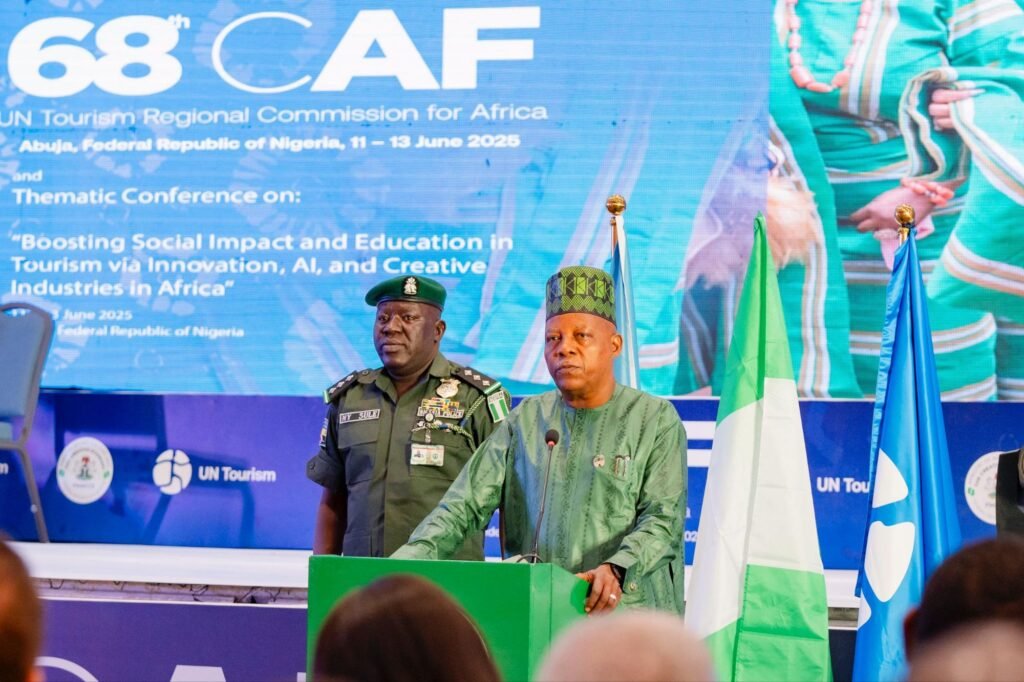
“I am passionate about Nigeria and the mission and commitment of President Tinubu. I believe in it because of his vision for Nigeria, which I believe will enable the country to take a seat in the comity of global nations as a developed nation. I pray the same for every African nation and urge us all to rise together,” she said.
She emphasized that the future of African prosperity hinges on bold investment in innovation, technology, and human capital. She noted that although the global tourism industry is valued at over $11 trillion, Africa accounts for less than 5% of global tourism revenue and under 1% of global creative exports.
“This is not a deficit or a scarcity of talent,” she said. “Today, Nigeria invites Africa to close that gap.”
According to the Honourable Minister, the 21st century demands that African nations build people-powered economies through the creative industries, culture, and sustainable tourism.
Also speaking at the event, the Secretary-General of UN Tourism, Ambassador Zurab Pololikashvili, lauded Nigeria’s commitment to transforming its tourism sector and reaffirmed the global body’s support. He described Africa as the next frontier in world tourism, rich in cultural diversity, nature, and innovation.
He encouraged African leaders to resolve issues related to regional connectivity and ease of movement by reviewing and improving existing visa regimes across the continent.

On her part, the distinguished Senator representing the Federal Capital Territory, Senator Ireti Kingibe, urged stakeholders to embrace Africa’s leadership in shaping the digital future of tourism. She stressed that Africa is not merely catching up—it is setting the pace.
“Africa is shaping the digital future of tourism, and Nigeria, with immense creativity and cultural wealth, stands ready to lead,” she said. “The culture and resilience of Africans, when combined with emerging technology such as AI and immersive media, can redefine Africa—especially how it is experienced, studied, and valued.”
“Today’s gathering is an opportunity to amplify the stories of home-grown innovations that attract tourists from the grassroots to the global stage. Let us use this space to exchange best practices, build cross-border collaborations, and generate actionable strategies that place communities, especially women and youths, at the heart of our development agenda,” she concluded.
The 68th Meeting of the UN Tourism Commission for Africa brought together ministers, tourism stakeholders, industry experts, creatives, and development partners from across the continent and beyond, as Nigeria took a central role in reimagining tourism as a tool for sustainable growth, innovation, and inclusive prosperity across Africa.
Copyright Warning!
Disclaimer
Just to let you know, comments expressed here do not reflect the opinions of OHAFIATV News or any employee thereof. Also, every opinion expressed in any article is strictly that of the author(s), except where otherwise stated.


